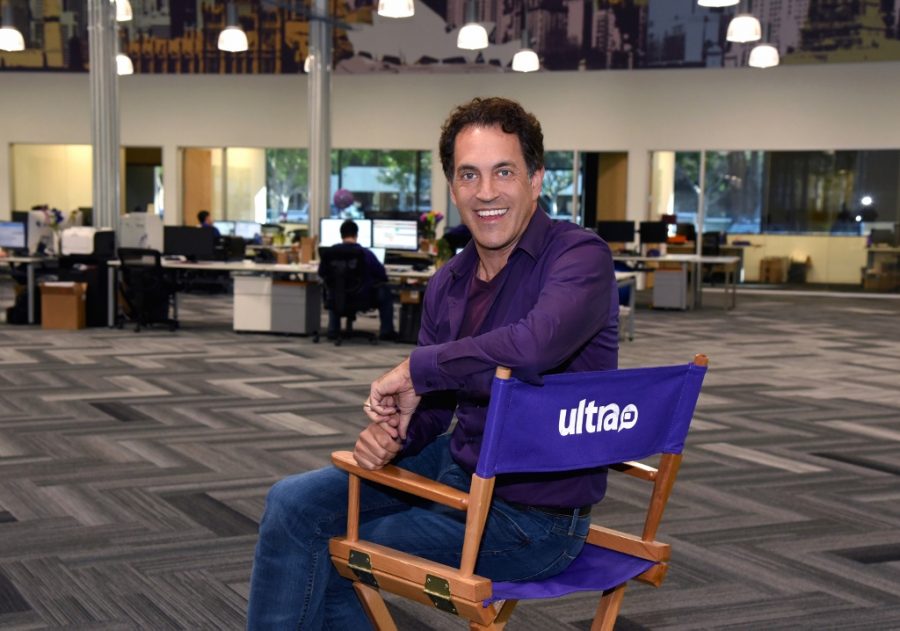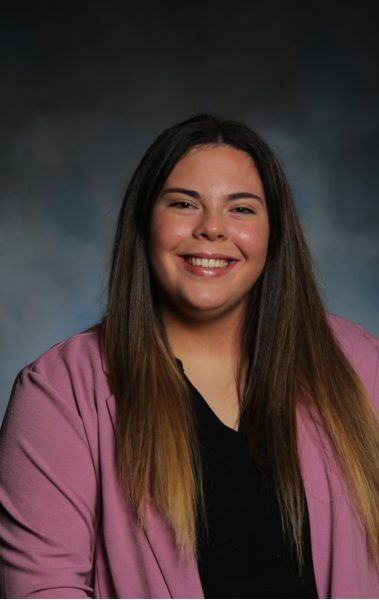Low-cost mobile carrier CEO finds his calling
BIZ CPT-MOBILE-QA LA
February 16, 2017
By Ronald D. White
LOS ANGELES — The gig: David Glickman, 51, is co-founder and chief executive of Ultra Mobile, a prepaid mobile carrier that provides low-cost, no-contract SIM cards with a focus on immigrants living in the U.S. The company, headquartered outside Los Angeles, leases wireless telephone and data infrastructure from T-Mobile.
The pitch: Glickman said Ultra draws customers who can’t afford the high cost of overseas calls or who don’t want the complications of using a calling card. The customer provides the phone and buys an Ultra SIM card from independent wireless stores or other retailers including Target, CVS and 7-Eleven. Plans start at $19 a month for, as Glickman puts it, “unlimited everything” in the U.S. and internationally.
Fast starter: Ultra Mobile topped Inc. magazine’s 2015 list of the nation’s fastest growing private companies, based on the firm’s 2014 revenue of $118 million after only three years of operation. Glickman also ran Inc.’s fastest growing company of 1998, a telecom operation called Justice Technology.
Affluenza vaccine: Growing up among children who seemed to have an endless supply of things, including cars, Glickman said he felt like “the poorest kid in Beverly Hills.” But his father, Albert, a real estate developer, and his mother, Judy, a homemaker for four children, were adamant. “If I wanted it, I had to work to go get it. I learned at an early age to be an entrepreneur,” Glickman said. Some of the teens who “were receiving anything they ever wanted kind of thing ended up with afflicted with affluenza. It kills motivation.”
Birdman: In addition to getting part-time work at a grocery store as a teenager, Glickman realized that pet stores were selling him the birds he loved for $20, but paying him $4 for their offspring. He wound up buying birds from importers for $2 each and selling them to pet stores for $4.
His calling: Glickman earned a bachelor’s degree in entrepreneurship from the Wharton School at the University of Pennsylvania and a master’s degree in educational psychology from UCLA. “When I went to business school it was the easiest education of my life,” he said. “It was professors giving names to exactly the way that I thought about things.”
Express education: After college, Glickman backpacked through South American for a few months, enough to become fluent in Spanish. He landed in Argentina, working for American Express. “I did three months in every department,” he said, “and so now I’m learning how big business works and every aspect of it through American Express.”
Expat blues: Perhaps nothing motivates problem solving better than personal experience. For Glickman, it was phoning home to the U.S. at shocking expense because the Argentine phone service was a monopoly — $4 a minute to call the U.S., but just 50 cents a minute when the call originated in the U.S.
“I came up with a little system where I would call a little box, let it ring once and let it hang up,” Glickman said. “The box was programmed to then call my phone number back in Argentina. Then I would answer it, and then I would from there do a three-way call and call whoever I wanted. I was paying U.S. rates while living in Argentina. I said, ‘You know what? Why don’t I do this for businesses?’” Glickman said it saved American Express about $25,000 a month in long-distance calling.
Multitasking: The idea led him to start his own telecom company, TelePacific, in 1993. Just five years later, he had hired a new CEO, moved over to the TelePacific board and started Justice Technology. Other startups followed, with Glickman sometimes overseeing two companies at once. He’s doing it again now, having launched a company called Primo Connect in 2006.
Serial formula: Asked how he does it, Glickman makes it sound simple. “I went to Wall Street, I raised a few hundred million dollars, and started a company,” he said, referring to how he began TelePacific, his first telecom company, and went on to create others.
Practicing psychology: That master’s degree, Glickman says, has helped him understand that “what the other party wants is probably the most important lesson that I’ve learned. Not trying to manipulate them or convince them or tell them they want something that they don’t know that they want. It’s more about providing a solution to what they’re already looking for.”
Hands off: Glickman said his father had a way of telling someone not only what to do but precisely how he wanted it done. Glickman’s rebellion was to develop a different leadership style. “I will say, ‘This is the result I want, and I don’t really care how you do it. I don’t really get involved with the details of how you get the job done, just the result.’”
Team builder: “I might have a great idea, but if I don’t have really great people in the company implementing those ideas, then the company will not be as standout as these companies have been.” Ultra Mobile has about 150 employees in the U.S., Europe and Asia.
Personal: Glickman lives in Los Angeles County with his wife of nearly 19 years, Paige. They have four children ages 8 to 16. Glickman served for 11 years on the board that oversees the LA Philharmonic and the Hollywood Bowl. “My wife and I love the Hollywood Bowl. You’ll find us there maybe two to three times a week in the summer,” he said.








